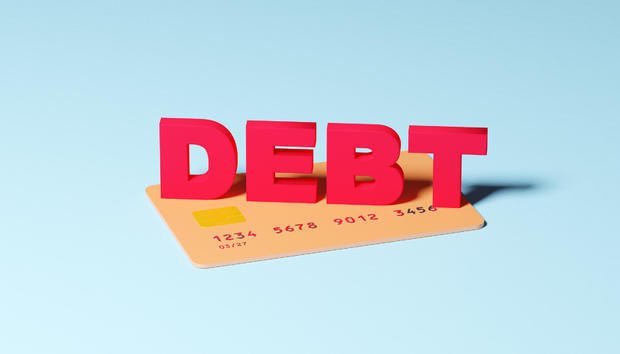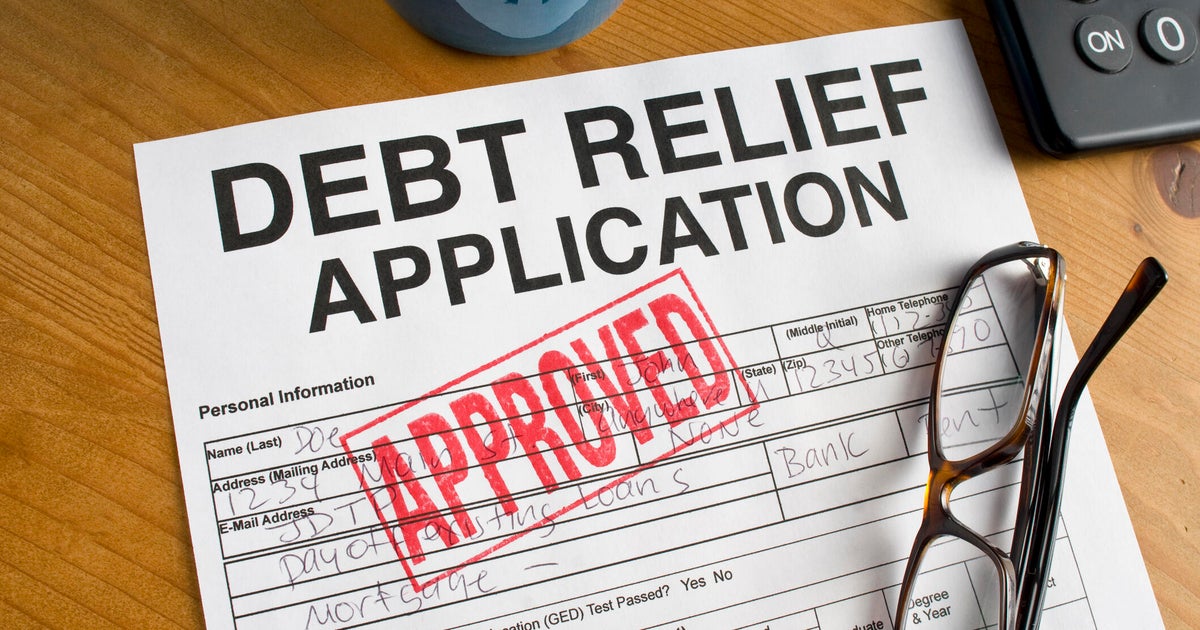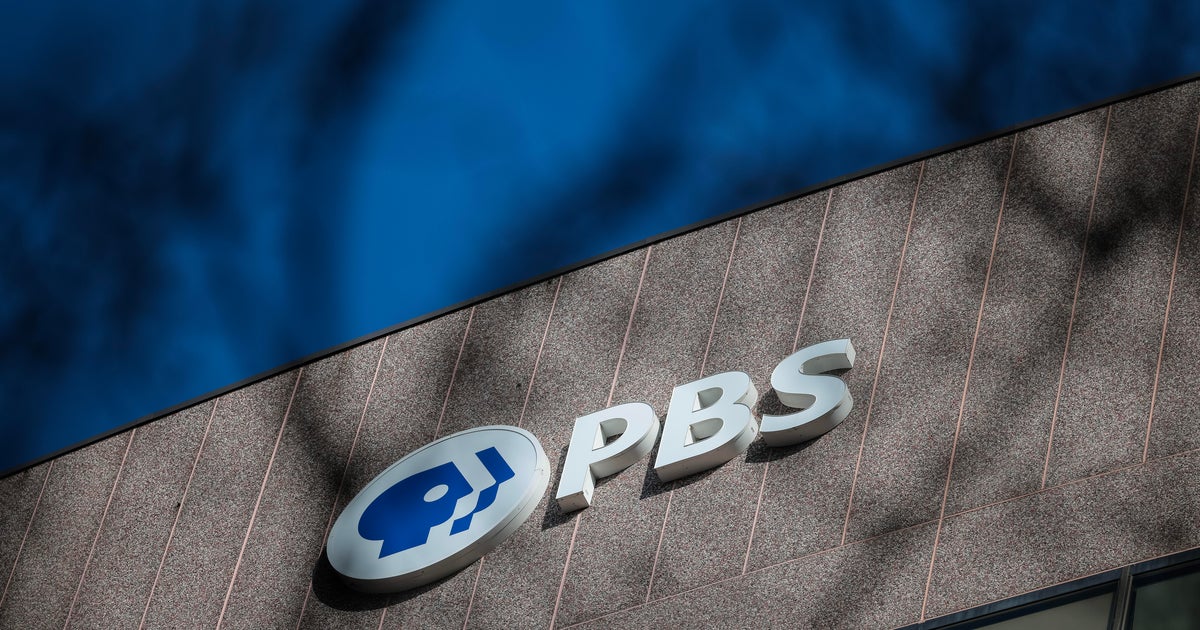3 reasons to pursue credit card debt consolidation this October
The Federal Reserve's first rate cut of the year was conducted last week and it reduced the benchmark rate by 50 basis points to a range of 4.75% to 5% — a cut that was twice as high as many analysts expected. That's good news for borrowers, as the substantial rate cut could make loans more affordable, as lower rates generally ease borrowing costs. Not all debt is created equal, though, and the effects of the Fed's rate cut won't trickle down evenly across all types of borrowing.
For example, the rate cut might not bring immediate or even noticeable relief for those burdened by credit card debt. After all, the average interest rate on credit cards is closing in on 23%, far outpacing other types of loan rates. The Fed's rate changes also typically have the most immediate impact on larger borrowing categories, such as home loans, with credit card APRs taking longer to adjust, if they adjust at all. So while mortgage borrowers might benefit from this rate cut soon, cardholders are unlikely to see a major reduction in their interest payments in the near future.
As a result, cardholders may want to search for other ways to better manage their high-interest debt and one option is credit card debt consolidation. By consolidating debt into a lower-interest loan, borrowers may be able to save money and simplify payments — and there are a few reasons you may want to consider this debt relief option right now in particular.
Learn how debt consolidation could benefit you here now.
3 reasons to pursue credit card debt consolidation this October
Consolidating your credit card debt could make a lot of sense this October. Here's why:
The Fed rate cut won't provide much relief
While the Federal Reserve's 50 basis point rate cut may seem promising, it's not going to help much for those already saddled with high-rate credit card debt. Credit card APRs often remain sticky, meaning they do not fall immediately or significantly following Fed rate cuts. So, waiting for relief from dropping credit card rates may not be the best plan.
But even if credit card interest rates decrease by the same 50 basis points as the Fed rate cut, it would still leave them at nearly 22.5%, which is extremely high compared to other borrowing options. When a rate is that high, a slight reduction won't provide meaningful relief for cardholders who are struggling with compounding balances.
By comparison, personal loans, which are often used for debt consolidation, currently offer average rates of about 12.5% — and average rates on home equity loans, which can also be used for the same purpose, are even lower right now. That's a substantial difference from the average credit card interest rate, especially for those carrying large balances. So rather than waiting for credit card rates to potentially drop by a fraction, consolidating your debt into a loan with a lower rate can offer more immediate and tangible savings.
Find out how much you could save with the right debt relief strategy now.
Debt consolidation has numerous benefits
Debt consolidation isn't just about lowering interest rates. It can also simplify your financial life and make managing your debt far more efficient. By taking multiple high-interest credit card balances and rolling them into one lower-rate loan, you reduce the overall interest you pay over time and, in many cases, lower your monthly payment as well. This creates an opportunity to pay down debt faster and more efficiently.
For example, let's assume you have $10,000 in credit card debt at an interest rate of 23%. Making only minimum payments would stretch out repayment for years and could cost thousands of dollars in interest. If you consolidate that debt into a personal loan with a 12.5% interest rate, you could save hundreds or even thousands in interest payments, while also having a clear timeline for when the debt will be paid off.
The longer you wait, the more expensive your debt becomes
Credit card debt will grow quickly if left unchecked. Due to compounding interest, if you're making only minimum payments each month, you could see your balances rise, even if you aren't making new purchases. And the longer you wait to address that high-rate credit card debt, the more difficult it becomes to climb out of the financial hole, as every extra month you carry a balance increases the amount of interest you're paying.
By consolidating your debt now, though, you can prevent the situation from getting worse. The sooner you move high-interest credit card balances into a lower-rate loan, the less interest you'll accrue over time. This will make it easier to manage and eliminate your debt sooner, providing not just financial relief but also peace of mind.
The bottom line
While the Federal Reserve's recent rate cut may help some borrowers with lower-interest debts, it won't do much for those struggling with high-rate credit card debt. And with the average credit card APR at nearly 23%, the compounding nature of this debt can quickly make it overwhelming. But debt consolidation offers an attractive solution to this problem, allowing cardholders to reduce their interest rates, lower their monthly payments and tackle their balances more effectively. The longer you wait, though, the more expensive your credit card debt will become, so taking action now is key.






